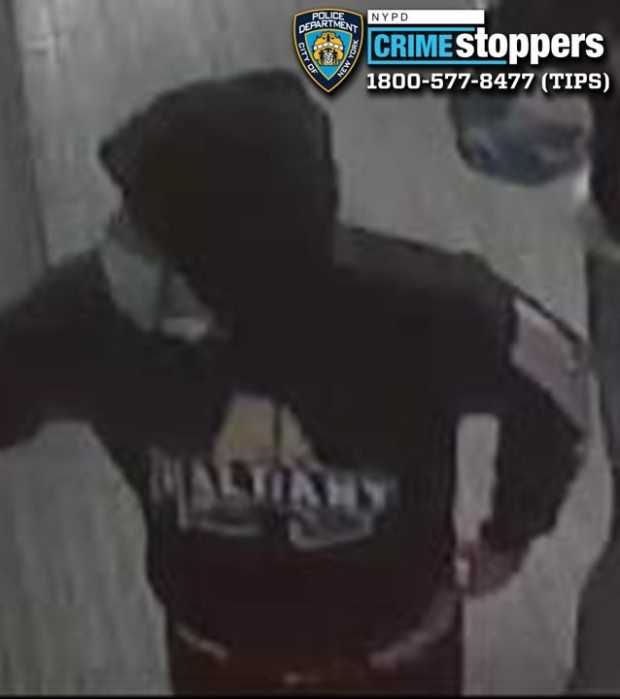By Kelsey Durham
A bill penned by U.S. Rep. Grace Meng (D-Bayside) intended to crack down on phone scams is one step closer to becoming law.
The congresswoman announced this week that her Anti-Spoofing Act passed the House of Representatives and will soon be introduced in the U.S. Senate. The bill, first introduced in Congress in December, aims to put an end to telephone scams that have cost millions of Americans, including many in Queens, countless dollars in the last few years.
Spoofing is a practice where callers change the way their phone number appears on caller ID, allowing them to make it look like they are calling their victim from a phone number the person would know, such as a friend or family member.
Meng said the practice is mostly used by telemarketers or those looking to scam others out of money by telling victims stories, such as saying a family member is in trouble and needs money, and asking them to send money, allowing the spoofer to pocket the cash in the end.
Meng said the issue was first brought to her attention by a civic leader from Bayside during the beginning of her term in Congress last year. She said she began looking into the issue and was shocked by what she found.
“We started working on legislation and, as we worked, we saw it wasn’t just a problem happening in Queens,” Meng said. “We found out this was a problem going on in districts all across the country, in Republican districts and Democratic, so we found examples that we could use to show other representatives why they should support this bill. This is something that’s affecting everyone’s constituents.”
Meng said that while she worked on writing the Anti-Spoofing Act, she would frequently attend civic or police meetings where the issue was brought up, helping her to realize how widespread the problem really is.
Phone scams have been especially prolific in Bayside, where the NYPD’s 111th Precinct has spent several months combatting schemes to steal from residents by asking them to put money on a GreenDot pay card in order to pay outstanding bills or debts. The caller then cashes the card in and keeps the money for themselves.
“It’s scary and a lot of people have fallen for it,” Meng said.
Meng said the bill is scheduled to be introduced by a Minnesota senator later this year and she said she hopes it gains the support needed to pass it into law. Right now, she said a loophole in a current law that is not in line with new technology means citizens are not legally protected from these spoofed calls if they are made from outside the country, but her bill would outlaw any spoofing and implement per-violation fines of up to $10,000.
“I’m really grateful it was able to move through the House because it’s a problem that’s affected so many people,” Meng said. “Especially senior citizens, and it’s heartbreaking to hear that people have lost their life savings simply because they trusted their caller ID.”
Reach reporter Kelsey Durham at 718-260-4573 or by e-mail at kdurham@cnglocal.com.



































